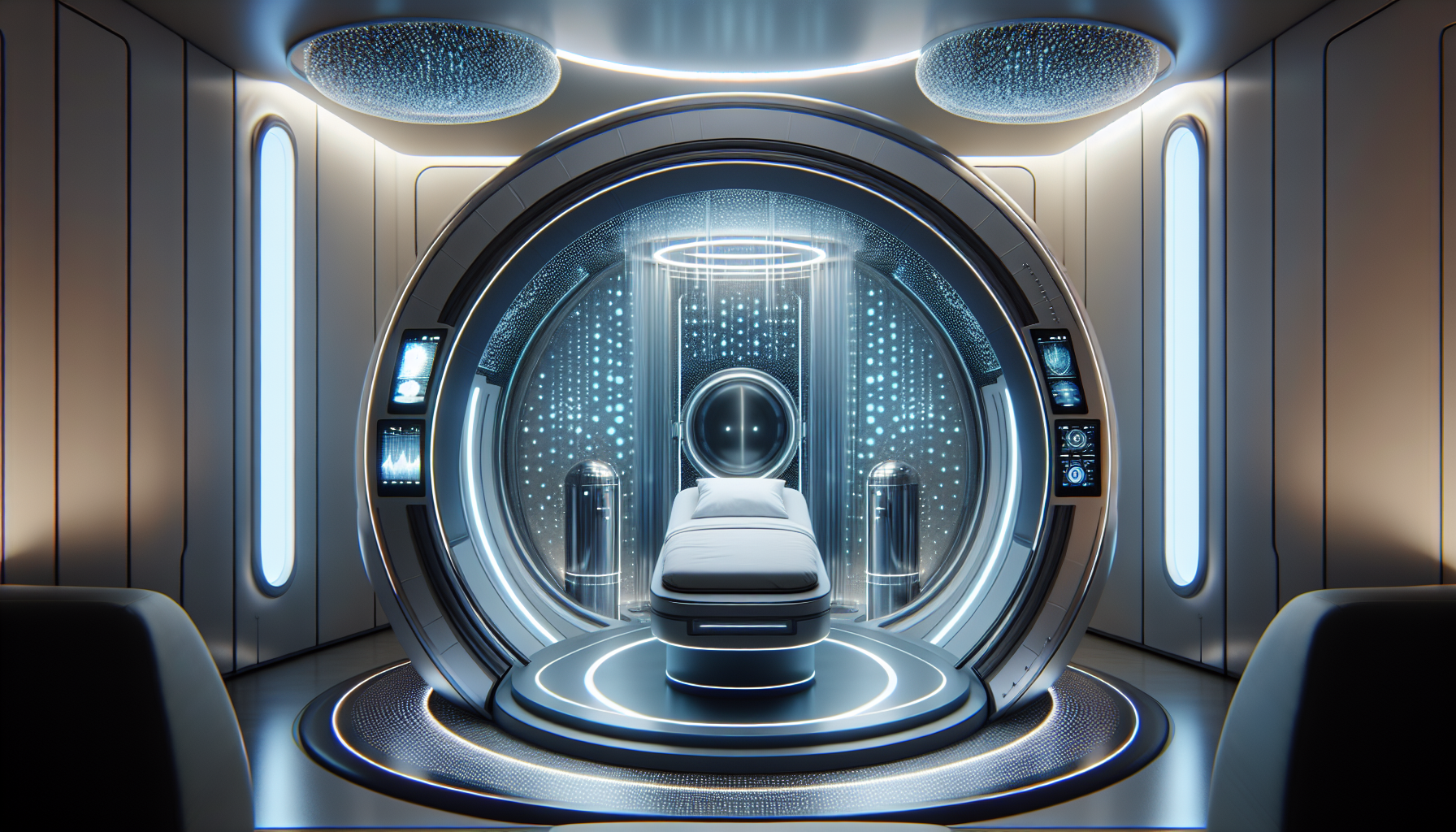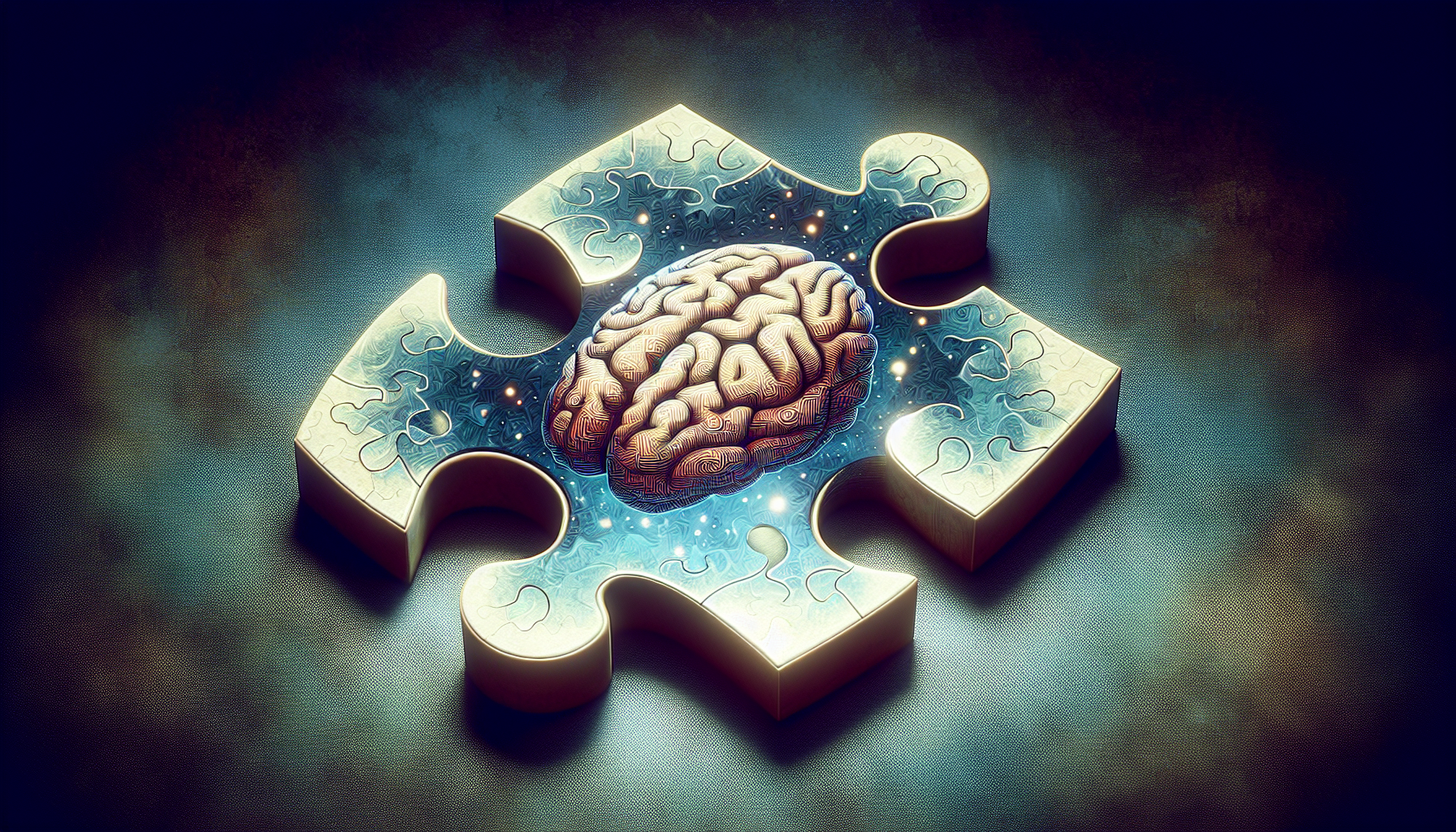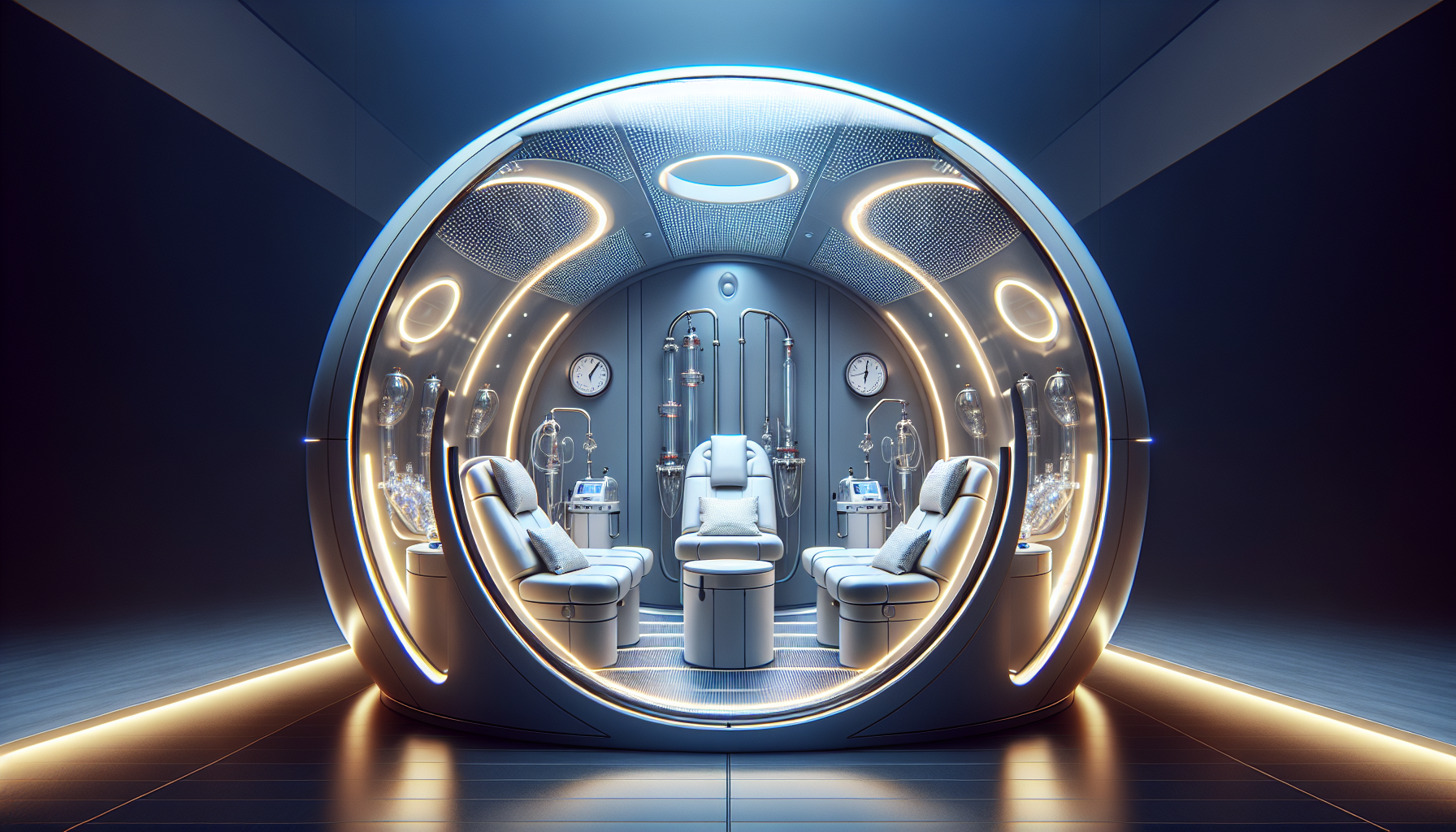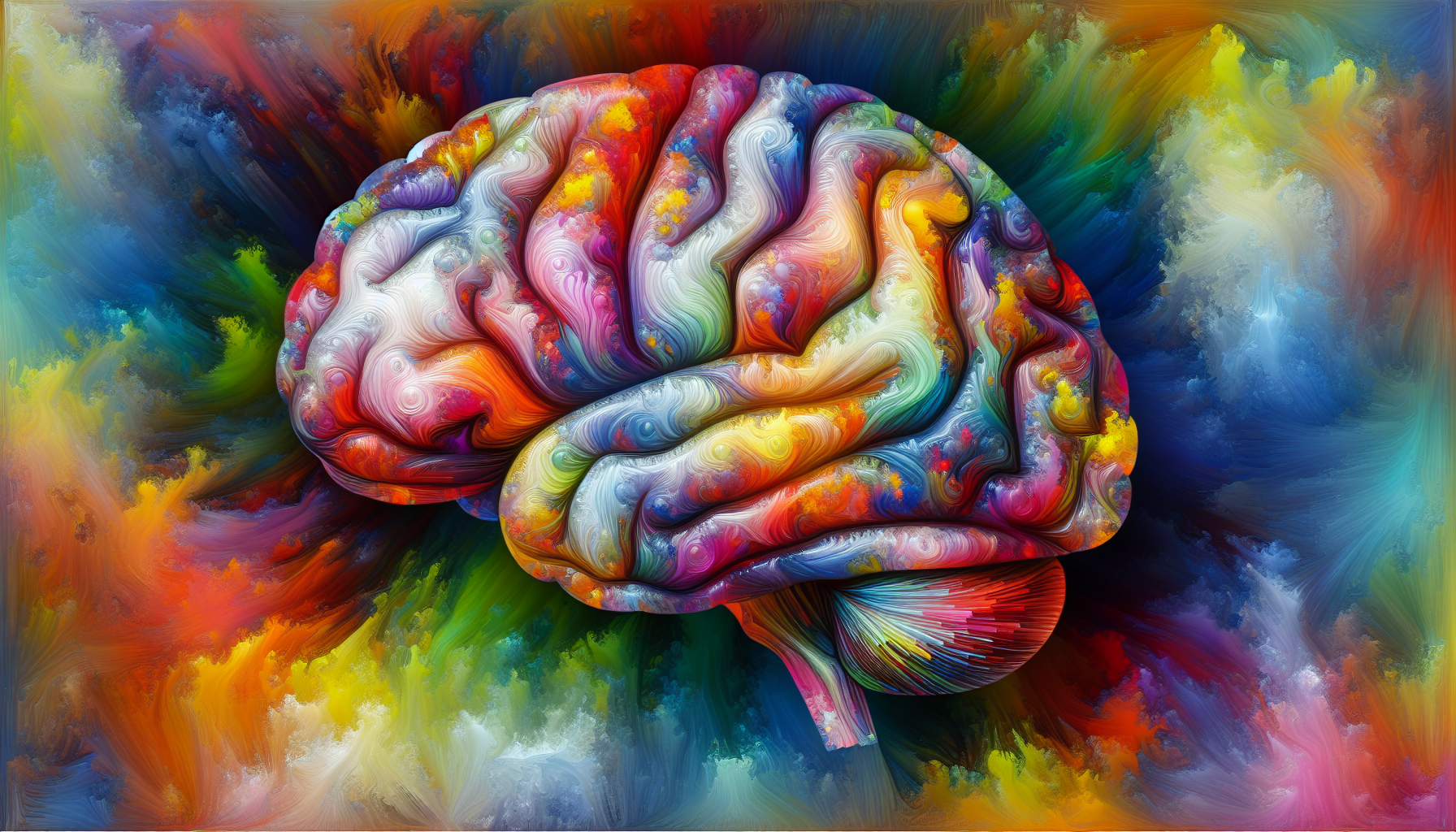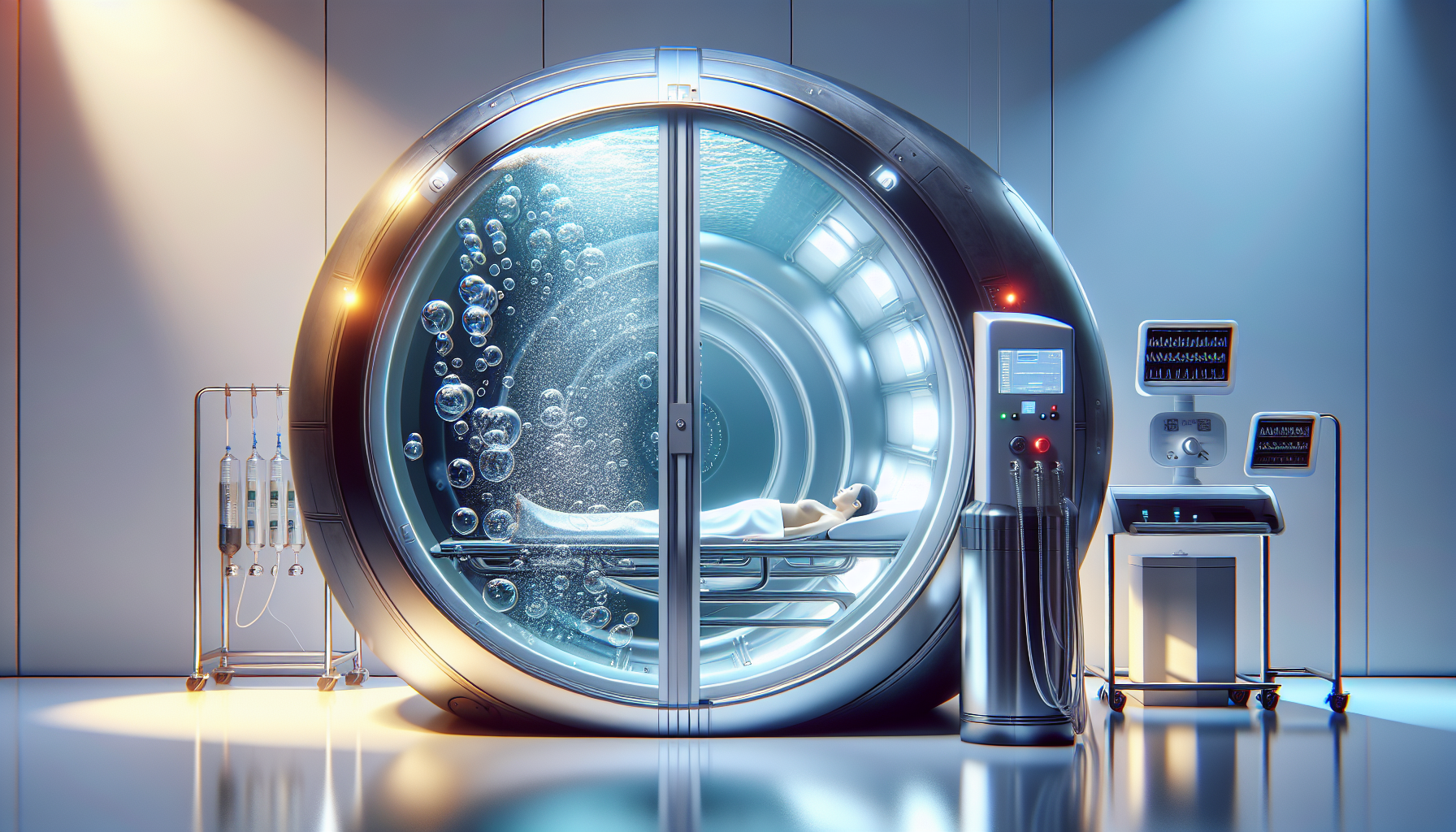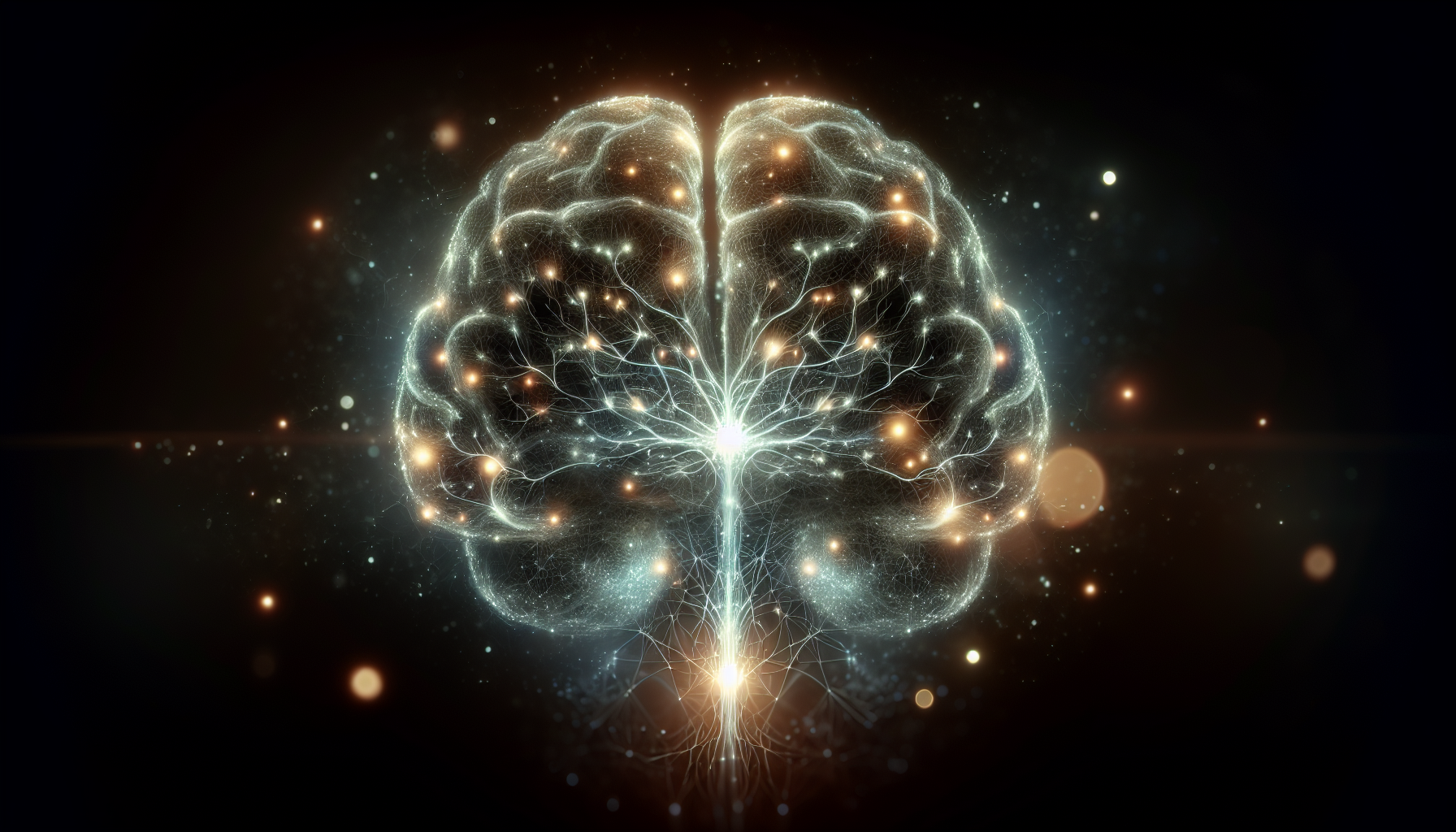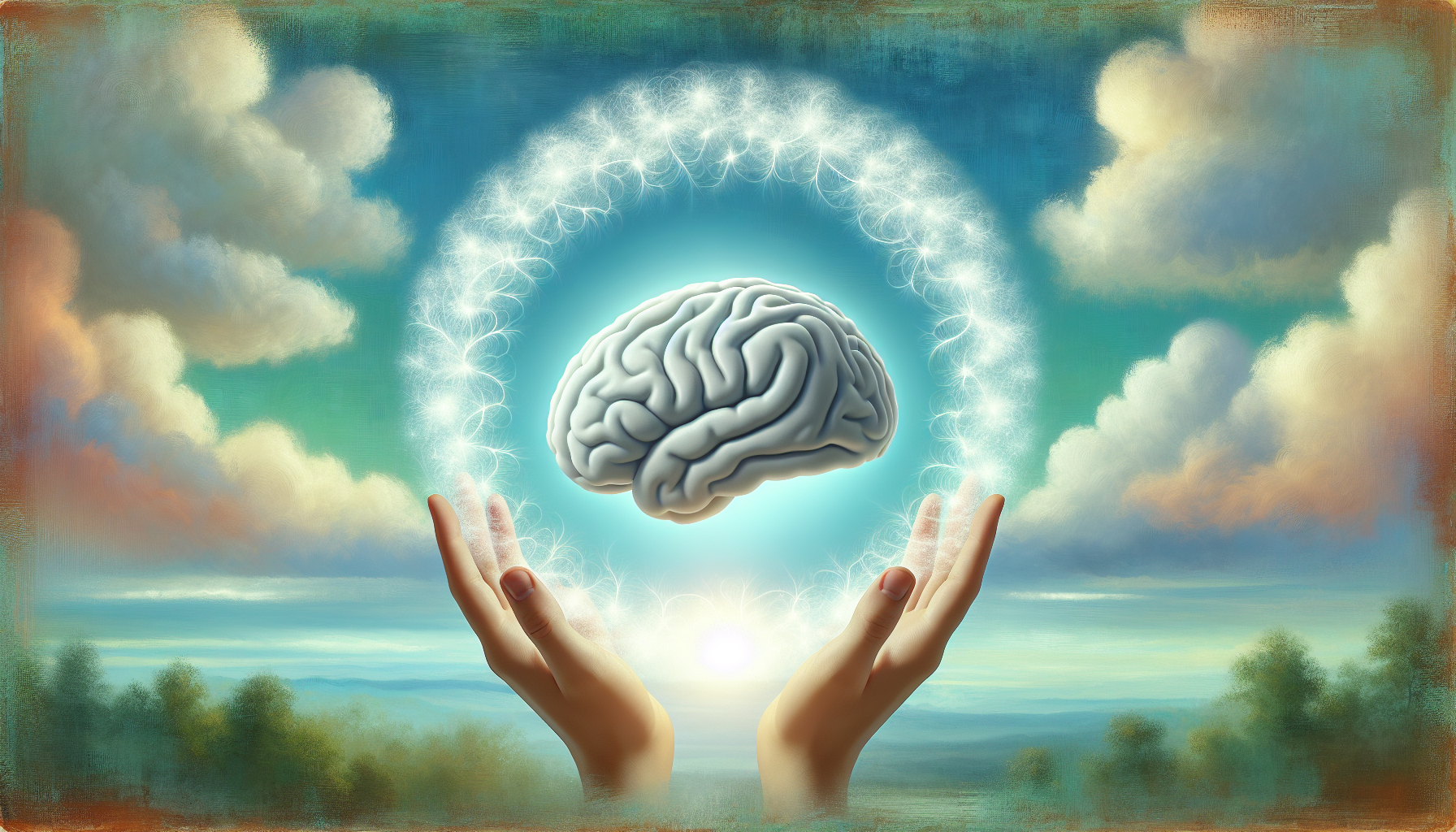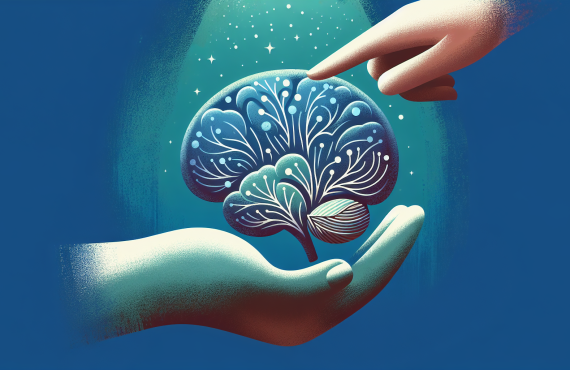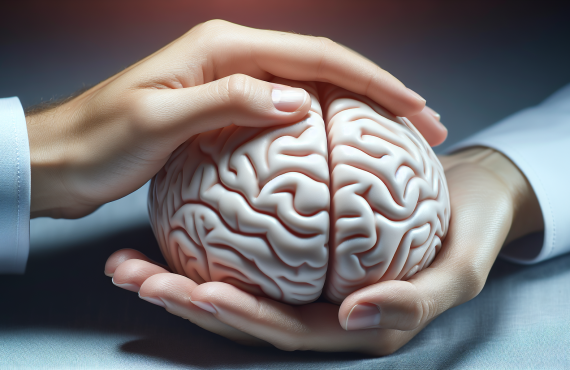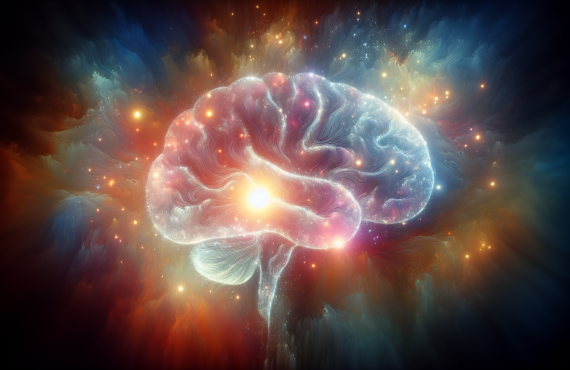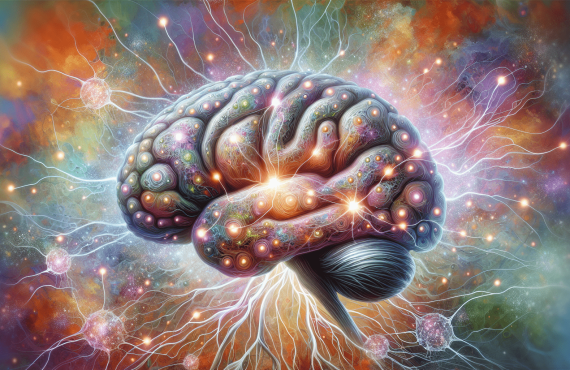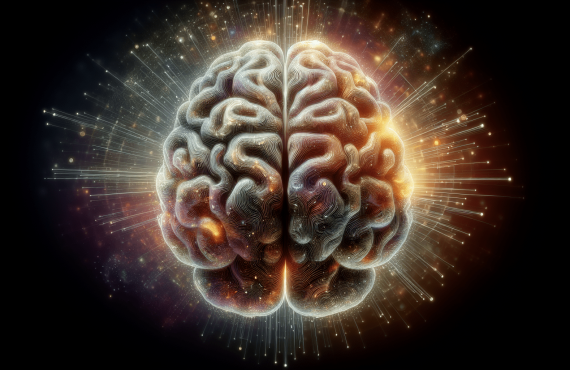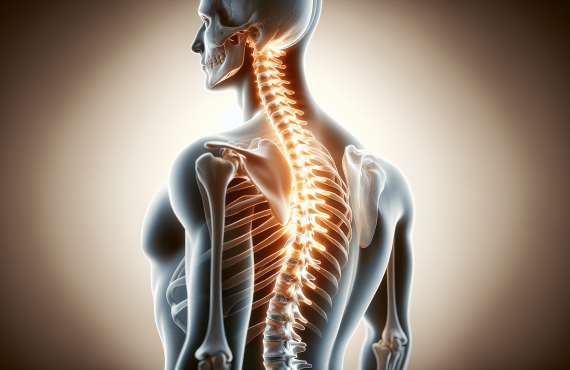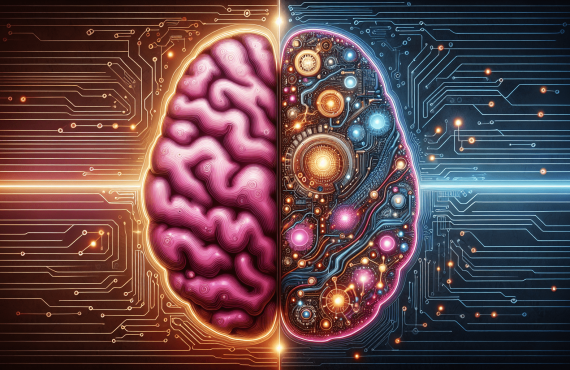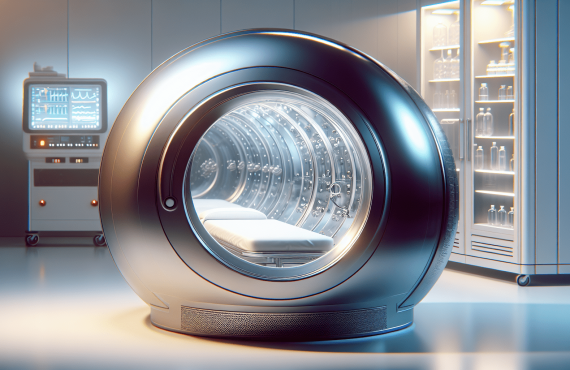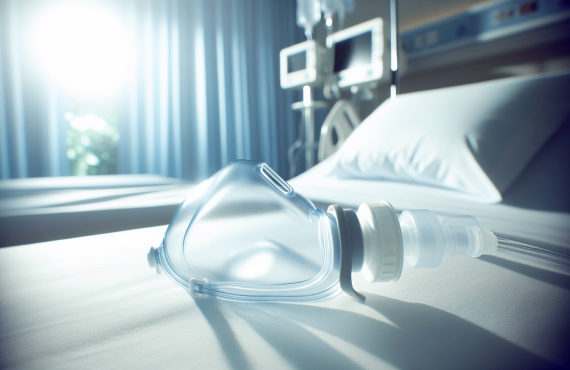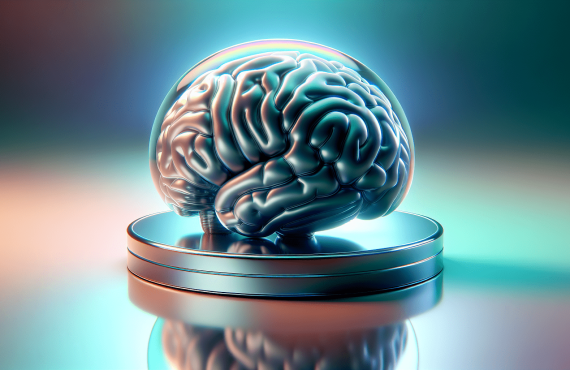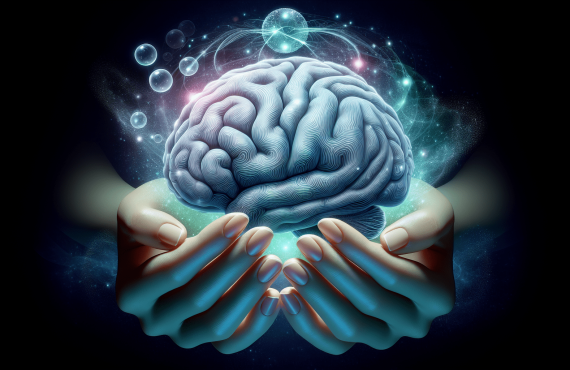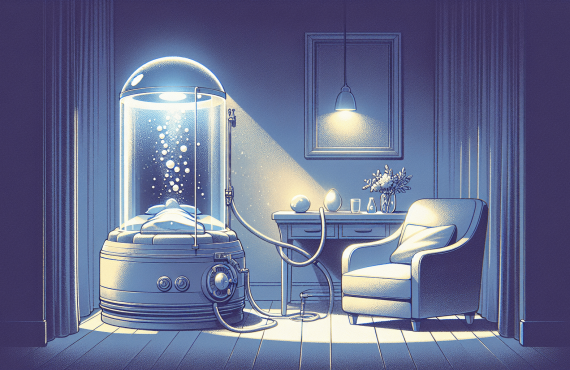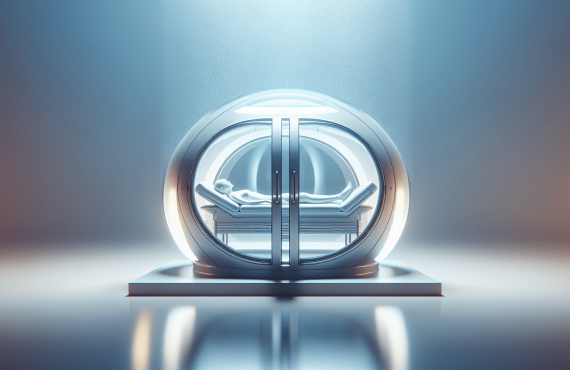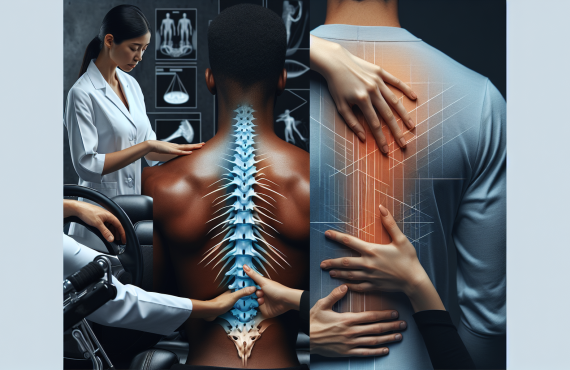Have you ever wondered what truly aids survival and recovery from a traumatic brain injury (TBI)? The journey after such an injury is complex, involving not just medical treatments, but also the healing power of support, therapy, and time. Navigating this path may seem daunting, but understanding the key factors can make a substantial difference in recovery outcomes. Let’s explore these life-changing elements, focusing on clarity and simplicity.
Table of Contents
Understanding Traumatic Brain Injuries
Traumatic brain injuries occur when an external force injures the brain. These injuries can have a profound impact on all aspects of life. Depending on severity, recovery might take weeks, months, or even years. It’s crucial to have a comprehensive understanding of the nature of TBIs to manage them effectively.
Types of Traumatic Brain Injuries
TBIs vary, each influencing recovery differently. Concussions, the most common type, result from a sudden jolt or blow to the head. More severe injuries, such as contusions, result from a direct impact that bruises the brain. Penetrating injuries occur when an object pierces the skull, and diffuse axonal injuries, caused by shaking or strong rotation, lead to widespread brain damage. Each type demands distinct attention and treatment strategies.
Common Symptoms
Symptoms of TBIs range from mild to severe. They include headaches, dizziness, confusion, memory problems, and mood changes. More serious symptoms can be loss of consciousness, seizures, and significant cognitive impairments. Recognizing these symptoms early is key to getting the right treatment and improving recovery outcomes.
Steps to Ensure Survival and Recovery
A successful recovery from TBI involves several critical steps. Medical attention, therapy, and personal support play pivotal roles. While the journey may be challenging, strategic actions can help enhance the healing process.
Immediate Medical Attention
Seeking immediate medical help following a head injury is crucial. Quick diagnosis and prompt treatment can significantly increase survival chances and improve recovery outcomes. Medical professionals assess the injury’s extent using imaging tests like CT scans or MRIs, guiding them in tailoring appropriate interventions.
Ongoing Medical Treatment
Long-term treatment involves regular visits to healthcare providers. Treatment plans may include medications to manage symptoms and prevent complications. Rehabilitation therapies, such as physical and occupational therapy, aid in regaining lost functions and improving quality of life.
The Role of Therapy
Therapy is vital for recovery. Physical therapy helps restore movement and strength, while occupational therapy focuses on daily life skills. Speech therapy assists those with language impairments, and cognitive-behavioral therapy supports mental health and coping strategies.
Support Systems
Family and friends provide essential support throughout the recovery process. Emotional support and consistent encouragement motivate those recovering to stay determined. Support groups offer a community, sharing experiences, advice, and hope.

Innovative Treatments and Approaches
Advancements in medical science continuously enhance TBI treatment. Exploring new therapies can offer alternative avenues for recovery.
Hyperbaric Oxygen Therapy
Hyperbaric oxygen therapy (HBOT) involves breathing pure oxygen in a pressurized chamber. This treatment increases oxygen in the blood, aiding healing and reducing inflammation. HBOT promotes tissue repair and supports the body’s natural recovery processes.
Nutritional Support
Nutrition significantly impacts recovery. A balanced diet, rich in vitamins and minerals, provides the body with necessary resources for healing. Omega-3 fatty acids, antioxidants, and proteins are particularly beneficial in repairing brain cells and reducing inflammation.
Engaging in Cognitive Rehabilitation
Cognitive rehabilitation involves exercises designed to improve memory, attention, and problem-solving skills. These exercises stimulate brain activity, supporting neuroplasticity, the brain’s ability to reorganize itself, forming new neural connections.
Preventing Complications
TBIs often lead to complications such as infections, blood clots, and seizures. Preventive measures are integral to recovery.
Regular Monitoring and Check-Ups
Consistent medical follow-ups help detect and prevent complications early. Regular check-ups ensure that treatment plans are on track and adjusted as necessary.
Medication Management
Medications like anticoagulants, antiepileptics, and anti-inflammatory drugs are prescribed to manage symptoms and prevent issues. It’s crucial to adhere to prescribed medication regimens, as they play a significant role in preventing further health problems.

Lifestyle Adjustments and Recovery
Certain lifestyle changes can enhance recovery and quality of life post-TBI.
Adequate Rest and Sleep
Rest is essential for brain recovery. Ensuring sufficient rest and quality sleep aids cognitive function, mood stabilization, and energy levels. Creating a calming sleep environment and maintaining a regular sleep schedule can contribute to better rest.
Stress Management
Stress negatively affects recovery. Implementing stress-reducing activities like mindfulness, yoga, and light exercise can promote relaxation and improve overall well-being.
Staying Active
Exercise benefits the brain and body. Engaging in regular physical activity boosts mood, reduces anxiety, and increases overall health. Customized exercise plans, tailored to individual abilities, can foster rehabilitation.
The Importance of Professional Guidance
Professionals like chiropractors offer additional recovery support. Chiropractic care can alleviate physical discomfort and promote holistic healing.
About Henry Chiropractic
Located in Pensacola, FL, Henry Chiropractic provides dedicated care. Dr. Craig Henry and Dr. Aaron Hixon, seasoned chiropractors, offer treatments that enhance health and wellness. They prioritize patient-centered care, supporting you on the road to recovery.
For expert guidance, contact Henry Chiropractic:
Henry Chiropractic
1823 N 9th Ave
Pensacola, FL 32503
(850) 435-7777
Visit the Website
Frequently Asked Questions (FAQ)
What should I do immediately after a head injury?
Seek medical attention immediately. Early evaluation can prevent complications and begin the treatment process promptly.
How long does recovery from a traumatic brain injury take?
Recovery varies for each case. Factors include injury severity, treatment timeliness, and individual health. It may range from weeks to years.
Can a chiropractor help with recovery from TBI?
Chiropractors can assist with physical recovery, addressing musculoskeletal issues and promoting overall well-being.
What is hyperbaric oxygen therapy, and is it effective?
Hyperbaric oxygen therapy involves breathing pure oxygen in a pressurized chamber. It increases oxygen supply to tissues, aiding in healing. Its effectiveness varies by individual case.
Are there lifestyle changes to improve recovery?
Yes! Adequate rest, balanced nutrition, stress management, and regular exercise contribute significantly to recovery and quality of life.
The road to recovery from a traumatic brain injury is diverse and multifaceted. By addressing medical, therapeutic, and personal aspects, you significantly shape your healing journey. Each step, whether medical treatment, therapy, or lifestyle adjustment, brings you closer to improved well-being.







